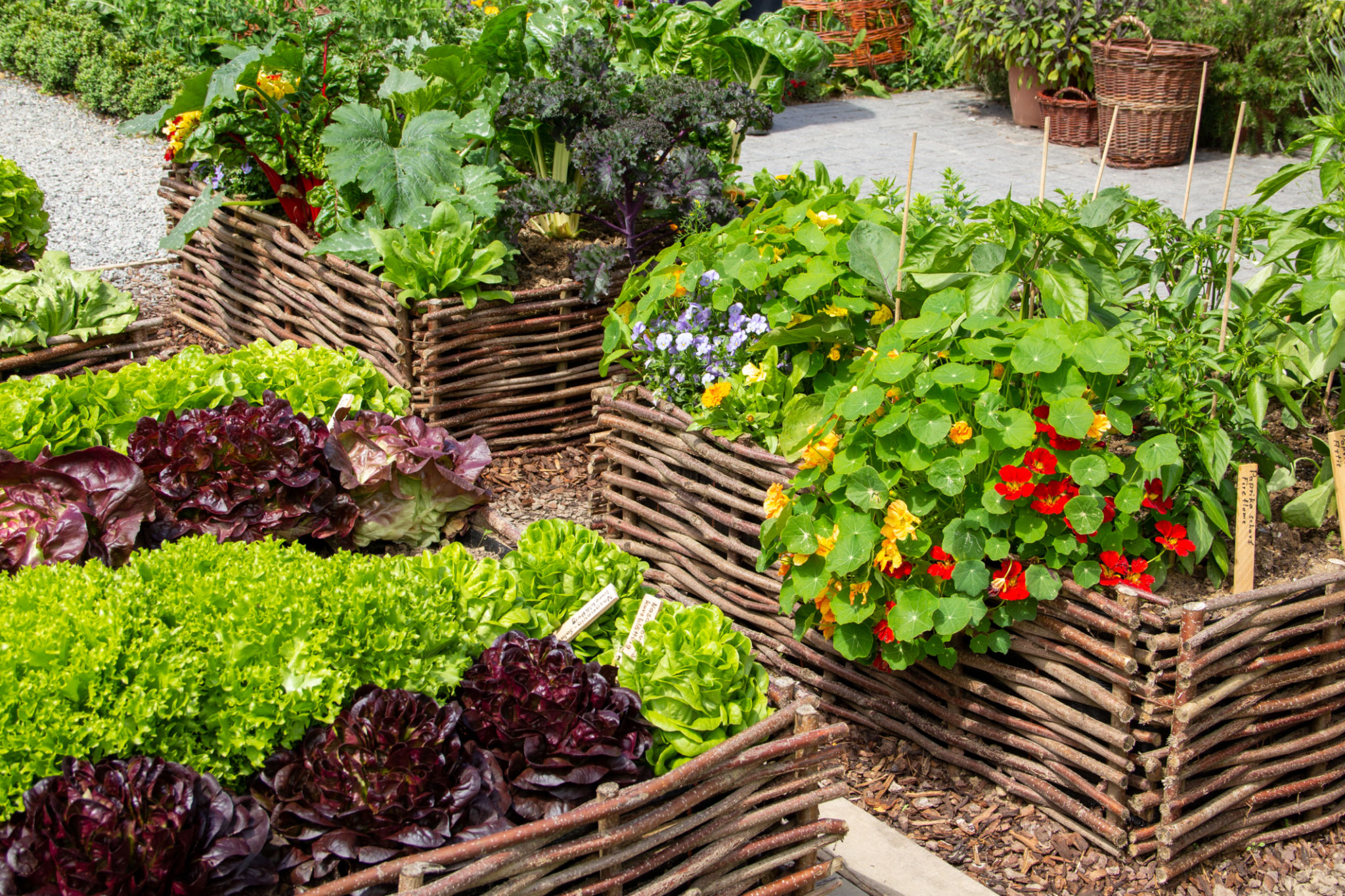Sustainably Sourced Herbs: A Guide to Understanding Their Impact
Understanding the Importance of Sustainably Sourced Herbs
In recent years, the demand for sustainably sourced herbs has increased significantly. With growing awareness about environmental impact and ethical practices, more consumers are turning to products that promise sustainable sourcing. But what does this mean, and why is it important? Understanding the impact of sustainably sourced herbs can help you make informed choices that benefit both your health and the planet.

What Are Sustainably Sourced Herbs?
Sustainably sourced herbs are those grown and harvested in a manner that prioritizes environmental conservation and ethical practices. This means that the farming methods used do not deplete natural resources or harm ecosystems. Instead, sustainable practices focus on maintaining soil health, conserving biodiversity, and reducing carbon footprints.
These herbs are often grown using organic methods, avoiding synthetic pesticides and fertilizers that can harm the environment. Additionally, sustainable sourcing involves fair trade practices, ensuring that farmers and workers are paid fairly and work under safe conditions.
The Environmental Benefits
Choosing sustainably sourced herbs contributes significantly to environmental conservation. By supporting farms that use eco-friendly practices, you help reduce soil degradation, water pollution, and habitat destruction. Sustainable farming methods, such as crop rotation and permaculture, enhance soil fertility and promote biodiversity, which are crucial for maintaining healthy ecosystems.

Moreover, reducing the use of chemical fertilizers and pesticides minimizes the risk of contaminating water sources. This not only protects aquatic life but also ensures that communities have access to clean drinking water. Supporting sustainably sourced herbs is a step towards a healthier planet.
Health Benefits of Sustainably Sourced Herbs
Beyond environmental benefits, sustainably sourced herbs offer numerous health advantages. Grown without harmful chemicals, these herbs are free from pesticide residues, making them a safer choice for consumption. Many studies suggest that organic herbs may have higher levels of antioxidants, which are beneficial for health.
Furthermore, the freshness and quality of sustainably sourced herbs often surpass those grown under conventional methods. This results in more potent flavors and enhanced nutritional profiles, contributing to better overall well-being.

How to Identify Sustainably Sourced Herbs
When shopping for sustainably sourced herbs, look for certifications such as USDA Organic, Fair Trade, or Rainforest Alliance. These labels indicate that the products meet specific environmental and social standards. Additionally, researching brands that prioritize transparency and ethical sourcing can guide you in making responsible choices.
- Check for certification labels on packaging.
- Research brand commitments to sustainable practices.
- Support local farmers' markets where you can inquire about growing methods.
Supporting Sustainable Practices
Your purchasing decisions play a crucial role in promoting sustainable practices. By choosing sustainably sourced herbs, you support farmers who invest in eco-friendly farming techniques and ethical labor practices. This encourages more producers to adopt similar methods, ultimately driving positive change in the agricultural industry.
Consider incorporating these herbs into your daily routine by exploring new recipes or using them in teas and remedies. Not only will you be enhancing your meals with fresh flavors, but you'll also be contributing to a healthier environment.

Conclusion: Making a Difference with Every Choice
Sustainably sourced herbs offer a myriad of benefits that extend beyond personal health. By understanding their impact and making informed purchasing decisions, you can contribute to environmental conservation and support ethical farming practices. Each choice matters, and by opting for sustainably sourced products, you become part of a larger movement towards a more sustainable future.
As demand for responsible sourcing continues to grow, let's commit to making choices that reflect our values and protect our planet for future generations.
